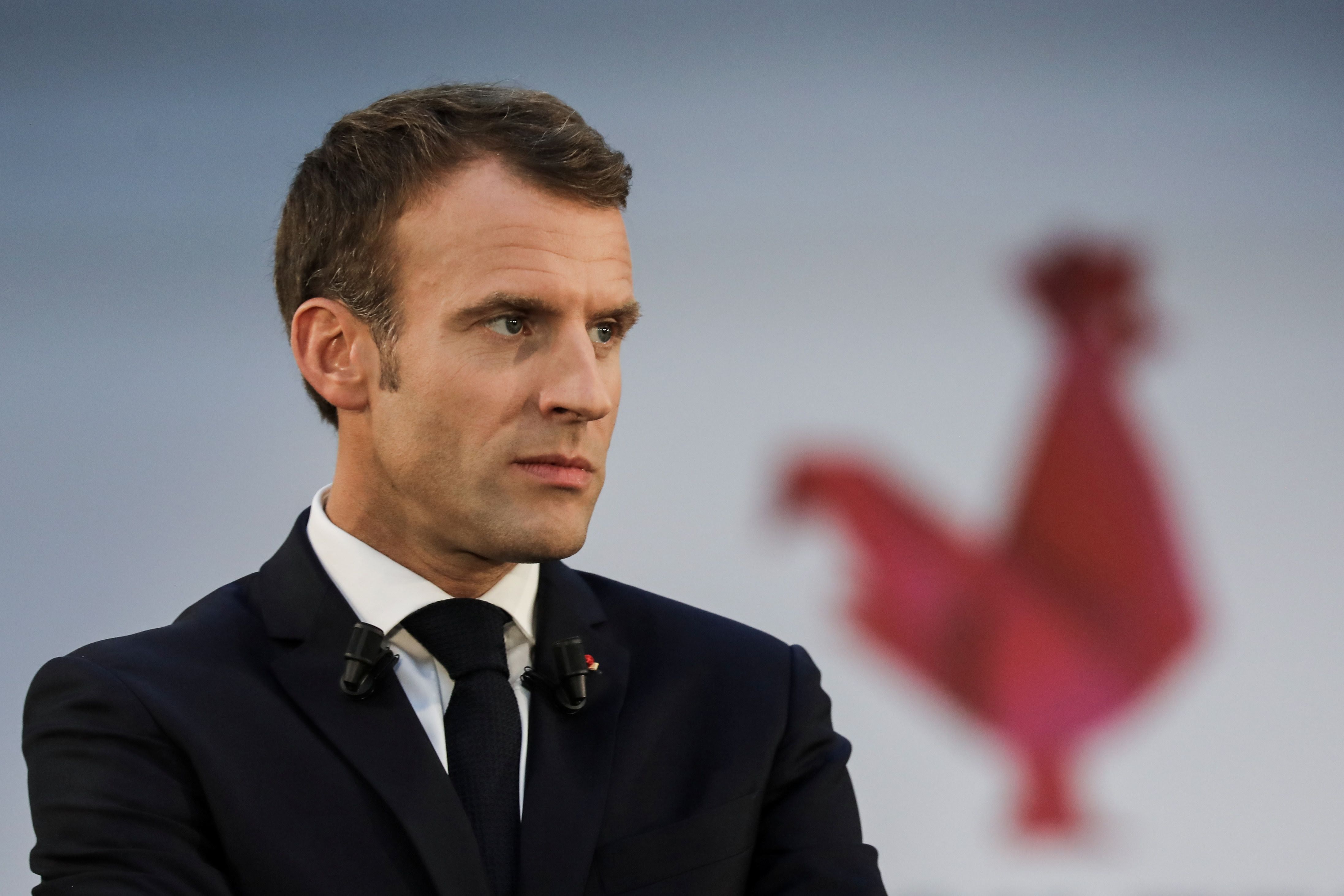October 12, 2018
The past few months have been brutal for French President Emmanuel Macron. Staff scandals, high-profile cabinet departures, and a recent selfie-fail in the Caribbean have all conspired to push his approval rating down from a post-election high of 65 percent to just 29 percent today. Opposition parties already smell blood. In a bid to set things right, Mr. Macron is expected to reshuffle his cabinet today. Macron hopes that by bringing in some fresh faces he can stop the slide and boost his chances of pulling off a new round of tricky economic reforms.
And tricky they are: Macron wants to cut the budget by shrinking France’s generous pension system and streamlining a government whose expenditure amounts to 56 percent of GDP, the highest of any country in Europe. He also wants to introduce more private competition for the debt-saddled state railway operator, despite staunch opposition from unions. Longer-term, Macron still wants to pull off a grand bargain with Germany to further integrate the member states of the European Union.But to do any of that, he’ll need to shore up his popularity and hit reset on a presidency that’s on the skids. In part that’s because he used his early months in office to push through several bitter-pill reforms, in particular to France’s notoriously complex labor laws. But it’s also because by conducting the “Jupiterian” (meaning god-like) presidency that he once promised, Macron has alienated many of the insiders and functionaries whom he needs in order to govern. As his former interior minister, who jumped ship last week, put it, “If everyone bows down to him, he will eventually isolate himself.”
As Macron looks to change the narrative around his presidency, he’ll need to change up his cabinet but also his governing style. Whether he is able to do so credibly will have distinct consequences not only for the EU’s third largest economy, but also for the Union more broadly.
More For You
Most Popular
Our sharing success program reflects BofA’s commitment to teammates and driving economic opportunity for employees and communities. The Proof: Since 2017, our program has awarded nearly $6.8B to employees—recognizing their contributions and investing in their future. Learn more.
WATCH THE REPLAY: At this year's World Economic Forum in Davos, Switzerland, our Global Stage panel discussion will examine the growing infrastructure around AI, how countries are tackling AI adoption, and the ways in which local and supranational industries might benefit from this rapidly accelerating technology. Watch at gzeromedia.com/globalstage
© 2025 GZERO Media. All Rights Reserved | A Eurasia Group media company.
